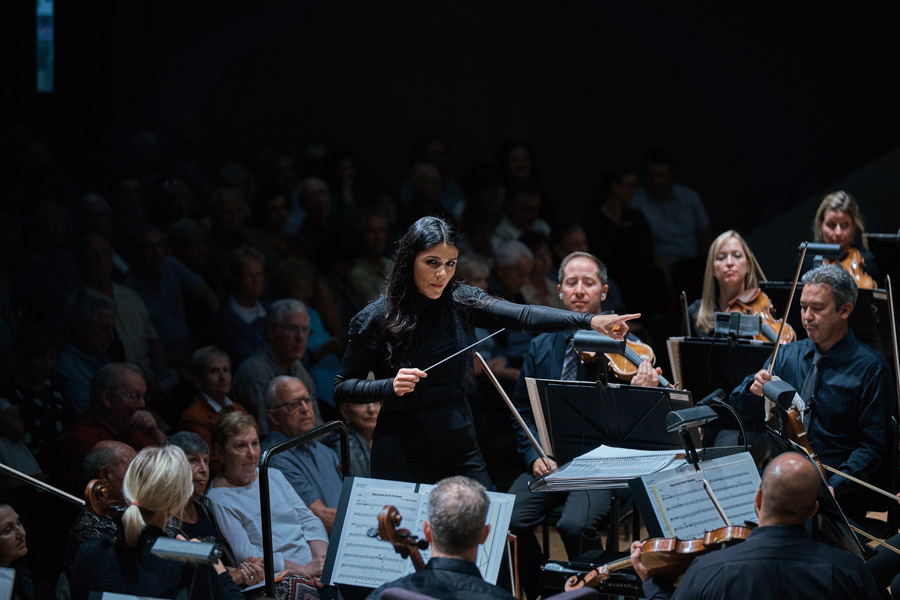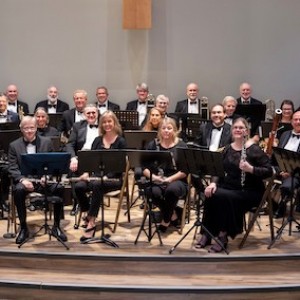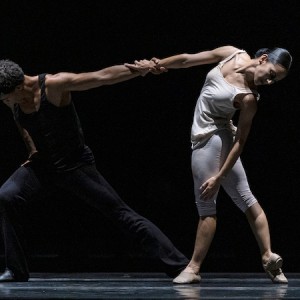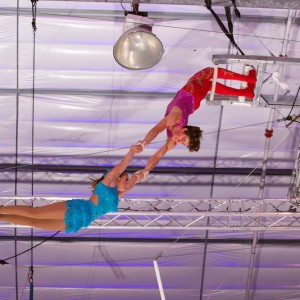Under the dimmed lights of Holley Hall, the musicians of Sarasota Orchestra crowd the stage in a mass of strings and woodwinds, brass and percussion. The first violinist takes his seat and the instruments spring to life in a controlled cacophony that skirts the edge of chaos as it rises to a crescendo and crashes back into quietude. The lights rise and so do the performers and a woman in all black emerges from the wings and mounts the stage and turns to face the audience. “I couldn’t be happier to be here,” she says, and the room explodes with applause. Making her Sarasota Orchestra debut last month with “Musical America,” part of Sarasota Orchestra’s Great Escapes series, Brazilian-born conductor Alexandra Arrieche brought singular verve to the four-night performance, vacillating between intense physicality at the baton and easygoing banter with the audience in between. Opening with a booming rendition of selections from George Gershwin’s score for Funny Face, she turns to the audience as the last note fades into the far corners of the hall. “Are you awake now?” she asks. “Because we start the party now.” A celebration of not only music made by American composers like George Gershwin and Raymond Scott, or Aaron Copland and Cole Porter—all of which received the Arrieche touch, with medleys like A Raymond Scott Fantasia, A Cole Porter Salute and more—the program also paid homage to the powerful affect American composers and American life had on musicians around the world. Czech composer Antonin Dvorak makes an appearance with his New World Symphony, as does the Russian Dmitri Shostakovich, whose interpretation of the American musical hit Tea For Two he completed in 45 minutes on a bet with fellow conductor Nikolai Malko. And that’s the beauty and power of art in its highest form, reminds Arrieche. “It doesn’t belong only to you,” she says. “It becomes universal.”











